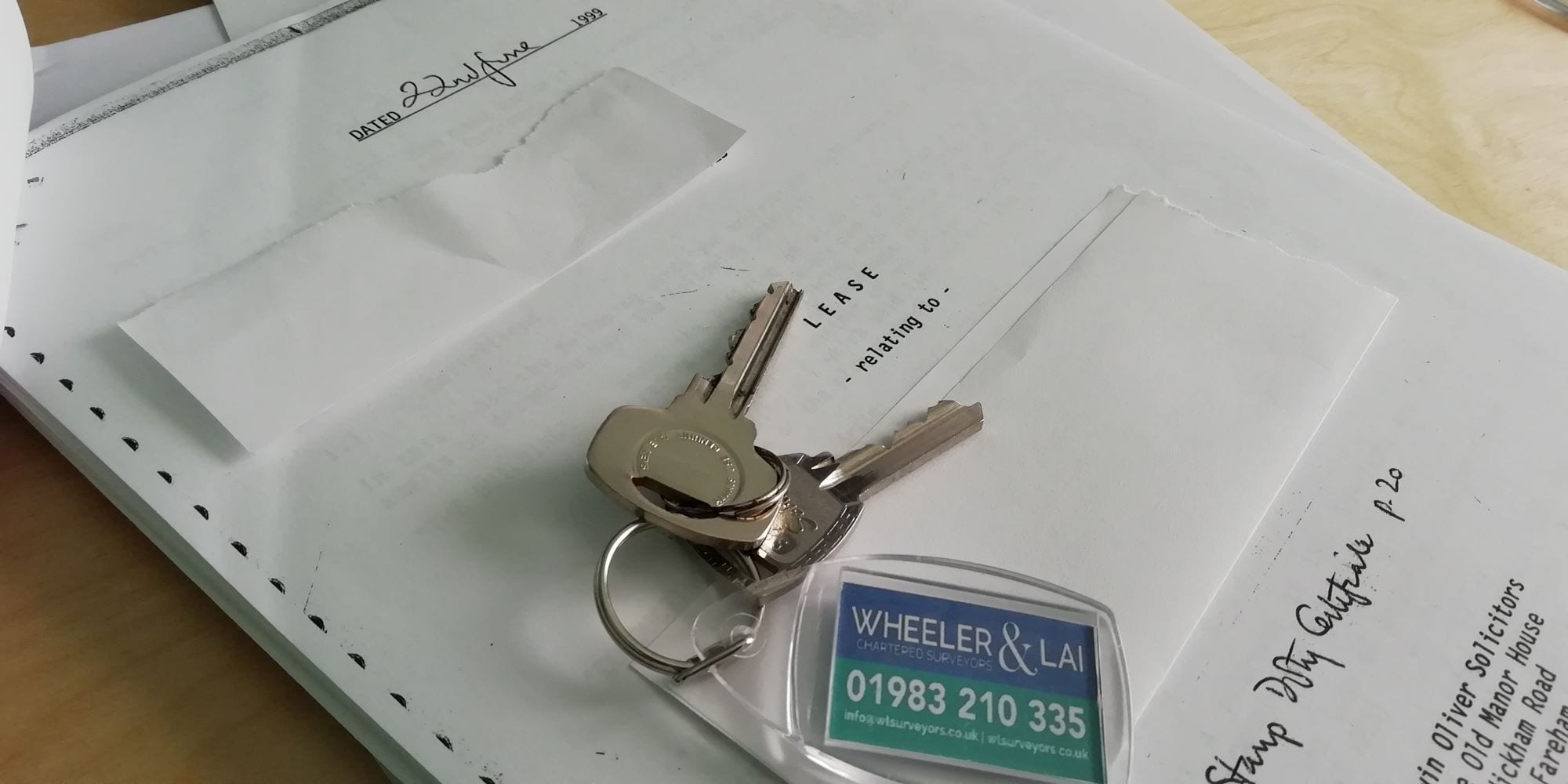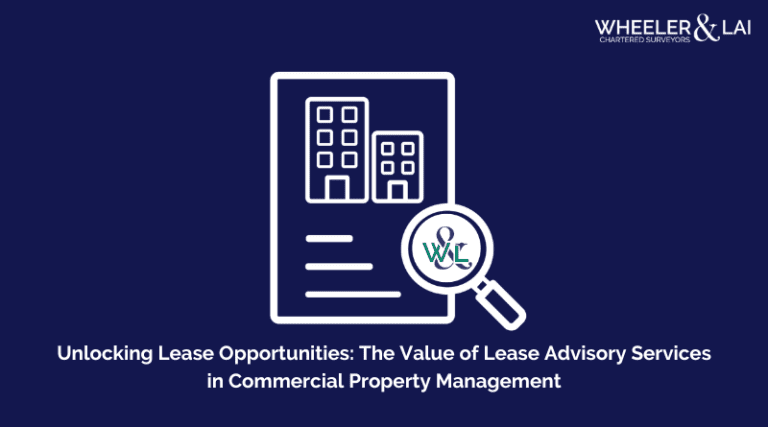The Minimum Energy Efficiency Standards (MEES) were introduced in the UK in 2015 as part of the Energy Efficiency (Private Rented Property) Regulations. The regulations came into effect in two stages:
From April 2018, landlords were required to ensure that any new leases or renewals of existing leases for domestic and non-domestic properties had an Energy Performance Certificate (EPC) rating of at least E.
The second stage, which is from the 1st April 2023, landlords must ensure that all existing leases for domestic and non-domestic properties also have an EPC rating of at least E. This includes properties that were let before the regulations were introduced in 2015.
Whereas previously existing leases did not require an EPC to be commissioned, nor to have a minimum energy efficiency standard, from the 1st April 2023, the regulation now covers properties that were previous leased and continues to be leased.
The MEES regulations are designed to improve the energy efficiency of the UK’s private rented sector and reduce carbon emissions. They apply to both domestic and non-domestic properties and aim to encourage landlords to make energy efficiency improvements to their properties, which can also help to reduce energy bills for tenants.
Our primary focus is on the non-domestic sector, which means business premises and commercial properties that are not in the public sector. But the MEES regulation covers all properties – both domestic and non-domestic.
From the 1st April 2023, the MEES regulation will require landlords to ensure their property meets a minimum energy efficiency rating of E or above. The new regulation applies to new leases, lease renewals and existing leases. Landlords are not permitted to rent out properties that are F or G ratings and must carry out energy efficiency improvements to bring the property up the required minimum standard before they can lease it out or renew a lease.
The responsibility for meeting the Minimum Energy Efficiency Standards (MEES) is primarily on the landlord. The landlord is required to ensure that their property meets the minimum energy efficiency rating of E or above before they grant a new lease or renew an existing lease.
However, while the primary responsibility lies with the landlord, tenants can still play a role in helping to improve the energy efficiency of the property. For example, tenants can take steps to reduce their own energy consumption by turning off lights and appliances when not in use, using energy-efficient light bulbs, and keeping doors and windows closed when heating or cooling the property.
Additionally, tenants may be able to request that landlords make energy efficiency improvements to the property, either before signing a lease or during the course of the tenancy. This could for example include requesting the installation of insulation or upgrading the heating system.
Ultimately, while the landlord has the legal obligation to ensure that the property meets the minimum energy efficiency standards, both landlords and tenants can work together to improve the energy efficiency of the property and reduce energy consumption.
There are exemptions to the MEES that a landlord can seek, but they must register the exemption on a centralised register. Leases are no invalid if the landlord is in breach of the MEES regulations, but if a Landlord continues to rent a sub-standard property they can be liable to a civil penalty. Therefore a landlord should seek to make improvements, work alongside tenants or apply for an exemption.
There are proposed plans to ensure non-domestic properties meet a MEES of B by 2030, with an interim milestone of MEES rating of C by 2027. However, these are not legislation, and the government consultancy is still on-going. However, landlords and tenants should be mindful of potential costs in future to bring sub-standard properties up to MEES. An EPC Assessor would be best placed to advise on this.





